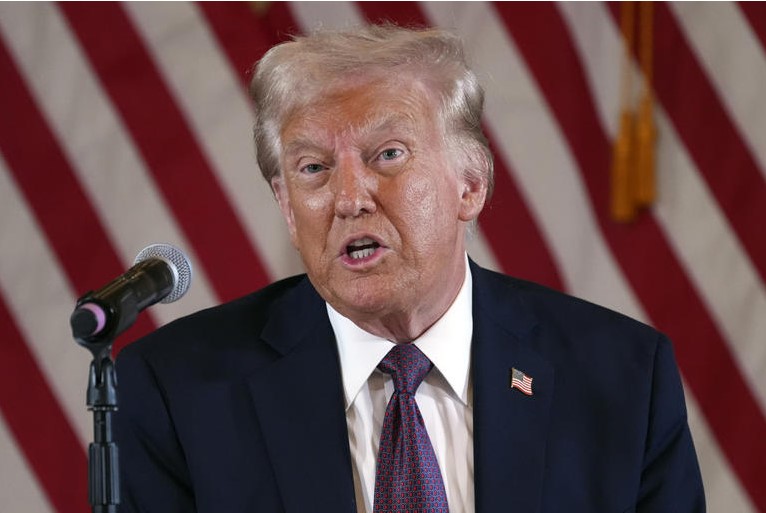As Republicans prepare to take charge with President-elect Donald Trump returning to the White House, extending $4 trillion in expiring tax cuts is at the top of their agenda. These tax cuts, part of Trump’s 2017 Tax Cuts and Jobs Act (TCJA), include provisions for individual and estate taxes.
A new report from the U.S. Treasury highlights how extending these tax cuts would impact Americans and the economy. According to the Treasury’s Office of Tax Analysis, the wealthiest 0.1% of earners would benefit the most, receiving an average tax cut of $314,000 annually if all provisions are extended. The total cost of extending these tax cuts would amount to $4.2 trillion from 2026 to 2035.
If Congress limits these tax cuts to families earning $400,000 or less—aligning with promises made by President Joe Biden during his campaign—the cost would drop to $1.8 trillion, less than half the full amount.
The challenge for lawmakers is deciding how to pay for these tax cuts as the federal debt has already exceeded $36 trillion. The Penn Wharton Budget Model estimates that fully extending the TCJA could increase deficits by $4 trillion over the next decade.
Trump supports extending all expiring provisions, while Republicans have pledged to reduce federal spending. This sets the stage for tough negotiations in Congress. Trump has also proposed new measures to benefit working- and middle-class families, such as making tips, Social Security wages, and overtime wages tax-free.
Additionally, lawmakers are considering a temporary increase in the $10,000 cap on state and local tax deductions for married couples. This change could cost $170 billion in lost revenue.
Republicans also aim to reverse energy tax credits introduced by Biden’s Inflation Reduction Act and roll back income tax hikes on high earners.
Most changes to the TCJA’s individual tax code are set to expire by the end of 2025, creating urgency for action. Critics note that wealthier households, particularly those earning $450,000 or more, would receive over 45% of the benefits from extending key provisions.
Republicans argue that lower taxes promote economic growth by encouraging more spending and investment. Supporters, like the U.S. Chamber of Commerce, say the TCJA was designed to boost the economy, but the debate over costs and benefits will dominate discussions in Washington.


